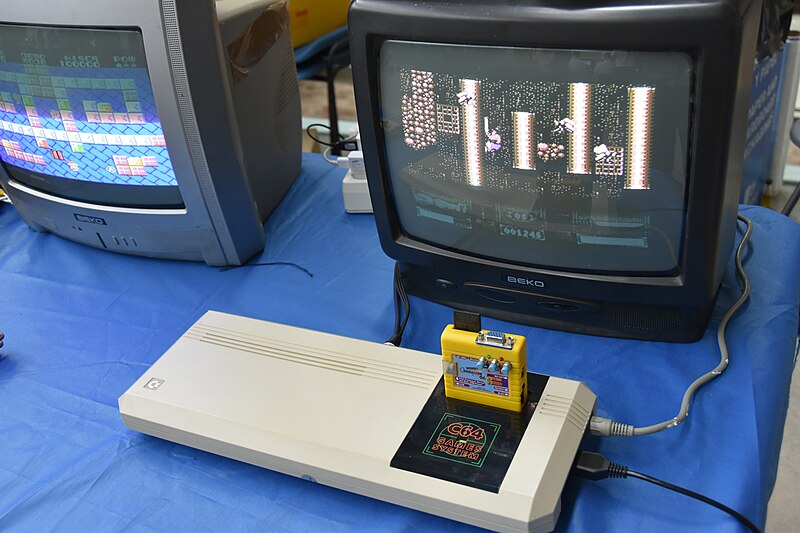What abandonware teaches us about the importance of software freedom
There are quite a few older computer programs that hobbyists, retro game enthusiasts, and everyday users alike still want to use. This is not easy and sometimes even impossible with proprietary programs whose vendors have abandoned them. When a program becomes abandonware, users who had not previously secured a copy of the program cannot obtain a copy without risking civil or even criminal liability due to copyright restrictions. To further hinder users, even if they had obtained legal copies of the abandonware, they cannot freely adapt it to their needs and redistribute it without restrictions. This is an effective death sentence for a large proportion of abandonware since it cannot be maintained or shared. For some abandonware, it is not the end of the story thanks to numerous dedicated users fighting to resurrect these programs. An interesting example is proprietary games developed for discontinued hardware or operating systems. For a majority of nostalgic games, the only technical problem is the unavailability of the platform, but the games themselves are still perfectly playable. A common method of abandonware resurrection involves developing emulators, which are programs that simulate the platform capable of reading the old game's binary.

While many of the emulators developed and used to play these games are free software, they don't remove the copyright restrictions from abandoned proprietary programs, and the program's source code remains unavailable. The abandonware is still entrapped by the same restrictions it was when released by its proprietary vendor, and no effort invested by users will increase the freedom of the program. While it's understandable why necromancers of abandonware seek to use these programs again, their efforts could be put towards building a fully free version of their once beloved program, which would not perpetuate the abandonware trap.
At the FSF, we've been fighting for a world where you don't have to depend on proprietary vendors to release and maintain beloved games, or any other software for that matter, since 1985. It's one of the reasons why we support the GNU System, an initiative to provide a completely free operating system and applications.
Free software comes with the freedom to run, copy, distribute, study, change, and improve the program. With a free software game, there isn't a looming threat of copyright restrictions making a game legally unplayable and erasing the creative work of the many people who contributed to the game the moment a vendor goes out of business or drops the program. It can continue to be used and reused in freedom indefinitely to your heart's content. You and the community of people who enjoy the program are free to do whatever you want with it and are not left at the whims of a proprietary vendor.
Programs such as free software games are community-developed, and you don't even need to be a programming expert to contribute. Developers of free software games actually are in need of a wide variety of skills including drawing, music composition, writing, singing, acting, and pretty much any other artistic skill you can think of. If you want to get involved in working on free software games, take a look around the Free Software Directory's collection of games, join a project or start your own, and save yourself from the abandonware trap!
Turbo Chameleon 64 cartridge in use on C64 Games System (RetroMadrid 2017). © 2017 by AUIC Official. This image is licensed under a Creative Commons Attribution-Sharealike 2.0 Generic license.

